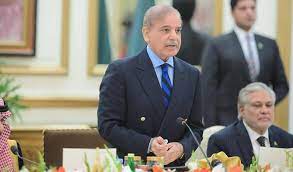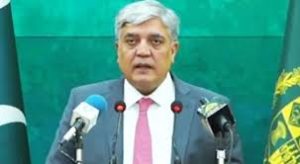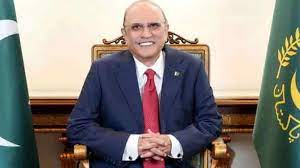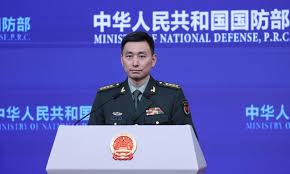PM leaves for KSA to attend WEF special meeting

Celina Ali
Islamabad: Prime Minister Muhammad Shehbaz Sharif on Saturday departed to Riyadh, Kingdom of Saudi Arabia, to participate in a special meeting of the World Economic Forum (WEF) on ‘Global Collaboration, Growth, and Energy for Development’, being held from April 28-29. The prime minister was invited to attend the WEF meeting by Crown Prince and Prime Minister of the Kingdom of Saudi Arabia Mohammed bin Salman bin Abdulaziz Al Saud and WEF Founder and Executive Chairman Professor Klaus Schwab.

“The Prime Minister will be accompanied by a high level delegation including Foreign Minister Mohammad Ishaq Dar and Finance Minister Muhammad Aurangzeb. The Prime Minister and the Ministers will participate in WEF discussions on issues related to trade and investment measures, new investment frameworks, restructuring of supply chains, sustainable growth, and the energy landscape,” Foreign Office Spokesperson said in a press release. The high level participation in the Forum will afford an important opportunity to present Pakistan’s priorities specifically in global health architecture, inclusive growth, revitalizing regional collaboration and the need for striking a balance between promoting growth and energy consumption. On the margins of the main event, the prime minister and his delegation will hold bilateral meetings with world leaders, including the Saudi leadership, heads of international organizations, and other prominent figures participating in the event. About 1,000 leaders from business, government, and academia will participate in the Special Meeting on Global Collaboration, Growth, and Energy for Development, WEF said in a press statement.

The meeting, April 28–29, will focus on new pathways to reinvigorate growth globally amid the challenges posed by an increasingly fragmented geopolitical and economic environment. It will revolve around three themes: revitalizing global collaboration; a compact for inclusive growth; and catalyzing action on energy for development, it was added. The event bridges the growing North-South divide, which has further widened on issues such as emerging economic policies, the energy transition, and geopolitical shocks.





